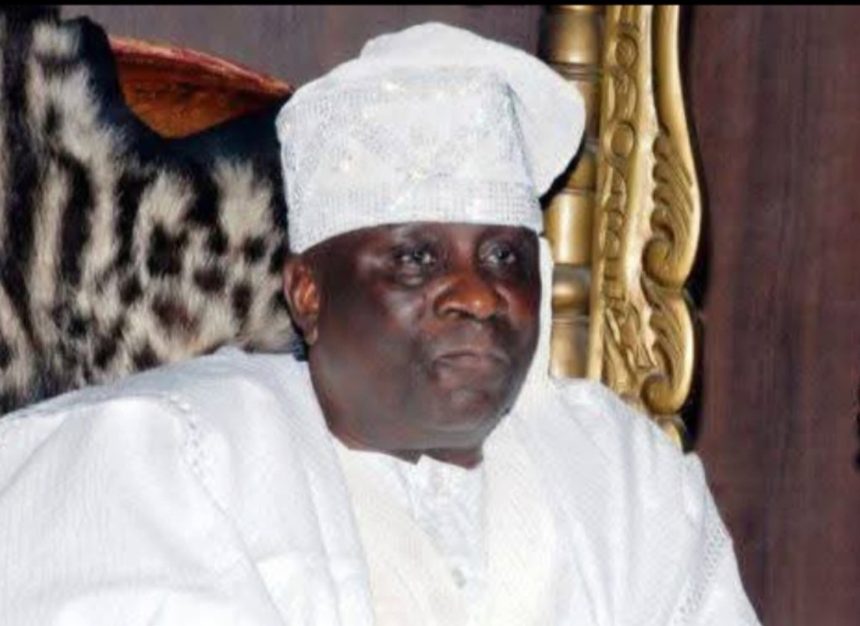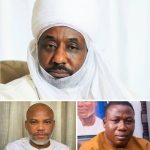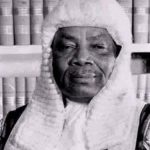The trial of Mazi Nnamdi Kanu, leader of the proscribed Indigenous People of Biafra (IPOB), took a dramatic and historic turn at the Federal High Court, Abuja, as he openly declared that he would defend himself after his entire legal team withdrew from the case.
In a charged courtroom atmosphere, Kanu made explosive statements, saying his lawyers were “too afraid to mention names” and that he would reveal everything publicly.
“I am defending myself because my lawyers are too afraid to mention names. I will say it live here in the courtroom! When I’m done with Nigeria, then I can die in peace,” Kanu declared.
The declaration, which immediately went viral across social media platforms, sent shockwaves through political and judicial circles.

According to court observers, the atmosphere shifted from tense to electric as Kanu began naming powerful political figures and hinting at what he called “the hidden truths Nigeria has been running from.”
A source close to the case told LegalLinkz that Kanu’s move to self-representation is more than a legal strategy, it’s a statement of defiance.
“This isn’t about law anymore. It’s about truth versus power. He wants to say what no one else dares to say, names like Wike, Sanwo-Olu, and Buratai have been mentioned. He’s done with filters; he wants the truth out raw,” the source said.
Observers describe Kanu’s courtroom performance as one of the boldest and riskiest acts in Nigeria’s judicial history.
Many believe his self-defense marks a pivotal moment that could redefine the boundaries between politics, justice, and free speech.

Even traditional leaders are weighing in. Oba Rilwan Akiolu of Lagos has reportedly warned the Federal Government of “the danger ahead” if the matter is not handled with wisdom and caution.
Legal experts say Kanu’s decision to represent himself, without the restraint of legal counsel, gives him unusual freedom to speak, but also heightens the unpredictability of the trial.
“He’s not a lawyer, so you can’t confine him to technicalities. Every word he utters carries political weight,” one senior advocate observed.
As proceedings continue, Nigerians and international observers are closely watching what could become one of the most consequential courtroom dramas in the country’s history.
For many, Kanu’s fiery declaration has transformed a legal trial into a symbolic battle, a confrontation between truth and power, courage and fear.









